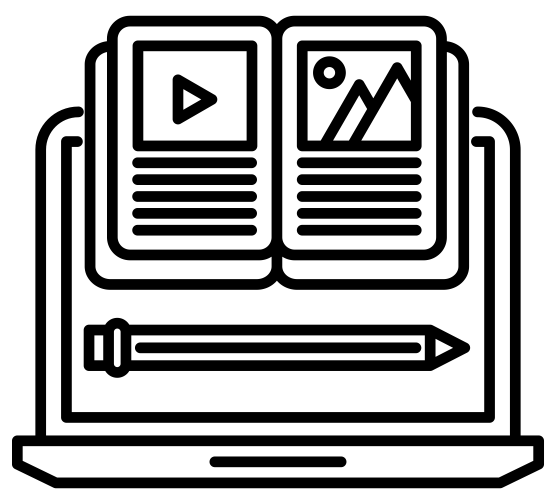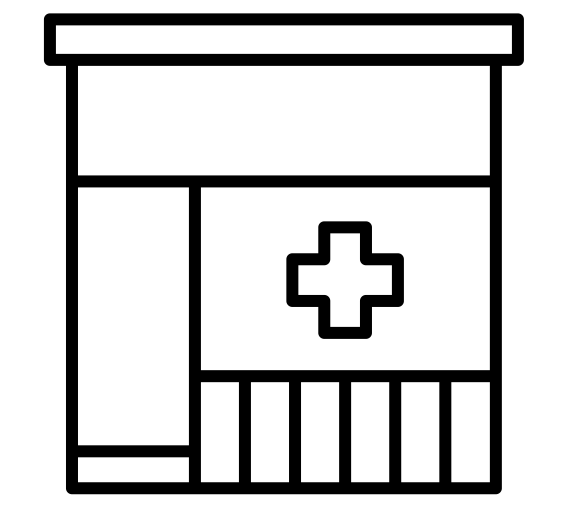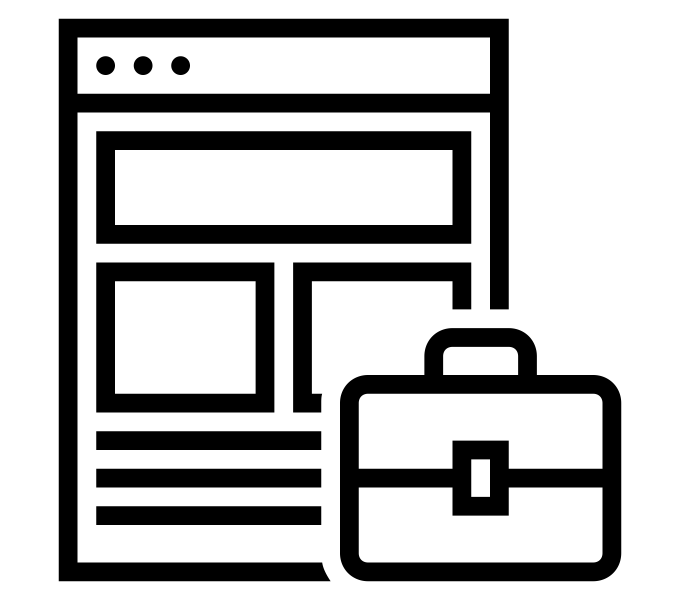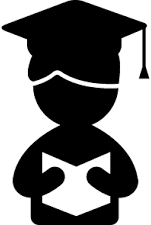YUVA. Youth United in Voluntary Action
Founded in 2015, YUVA Mauritius and YUVA India started as a group of enthusiastic individuals. Today, it has mobilised thousands of young people to create a better future for the children and youth of Mauritius and India. At the heart of YUVA’s duty lies the conviction that the collective destinies of the human race are bound together.
YUVA has implemented numerous projects and initiatives, such as providing educational aid to underprivileged children in Mauritius, campaigning for sanitation and hygiene rights in India, and helping local communities build better livelihoods. YUVA also strives to promote the importance of civic responsibility by engaging citizens in participatory decision-making. Through its collaborations with various organisations, YUVA strives to ensure that the people of Mauritius and India are empowered to shape their own future.
Today, YUVA is Mauritius’s and India’s largest and most active youth-led organisation.
India Today
Volunteer for Us
Continue reading “About Us”









